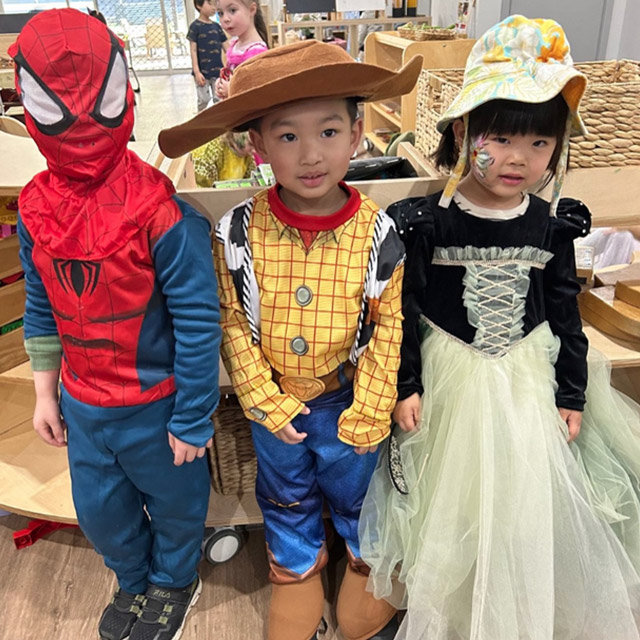Discovering the Magic of Early Education: Inside the World of Early Learning Centers

Early education lays the foundation for a child's future success, and the magic of learning begins at an early learning center. These centers provide a nurturing and stimulating environment where young children can explore, play, and learn. Inside the world of early learning centers, children are introduced to a structured curriculum that focuses on their social, emotional, cognitive, and physical development. Through a variety of activities and experiences, children are encouraged to discover, explore, and create, setting the stage for a lifetime of learning.
Early learning centers are designed to cater to the unique needs of young children, providing a safe and secure environment where they can thrive. Each center is equipped with age-appropriate toys, games, and materials that are specifically chosen to enhance learning and development. Teachers at these centers are trained to engage young children in hands-on activities that promote critical thinking, problem-solving, and creativity. By fostering a love for learning at an early age, early learning centers set children up for future academic success.
One of the key components of early education is socialization. Early learning centers provide children with the opportunity to interact with their peers, developing important social skills such as communication, cooperation, and empathy. Through group activities, circle time, and free play, children learn how to navigate social situations, resolve conflicts, and work together as a team. These social skills are essential for success both in school and in life, and early learning centers play a crucial role in helping children develop them.
In addition to social skills, early learning center also focus on cognitive development. Children are introduced to basic concepts such as colors, shapes, numbers, and letters through fun and engaging activities. Teachers use a variety of teaching methods to help children understand and retain information, including songs, games, and hands-on activities. By making learning enjoyable and interactive, early learning centers spark children's curiosity and set them on a path towards a lifelong love of learning.
Physical development is another important aspect of early education, and early learning centers provide children with plenty of opportunities to move and play. Outdoor play areas, gym time, and structured physical activities help children develop their gross and fine motor skills, coordination, and balance. By engaging in physical play, children not only improve their physical health but also enhance their cognitive abilities, creativity, and social skills. Early learning centers recognize the importance of play in a child's development and incorporate it into their daily curriculum.
Early learning centers also work closely with parents to support children's learning and development. Communication between teachers and parents is key, as it allows for collaboration and the sharing of information about a child's progress. Parents are encouraged to be involved in their child's education through parent-teacher meetings, workshops, and events. By working together, parents and teachers can create a nurturing and supportive environment that fosters children's growth and success.
Overall, early learning centers play a crucial role in laying the foundation for a child's future success. By providing a stimulating environment where children can learn, play, and grow, these centers set children up for academic achievement and personal fulfillment. Through a combination of structured curriculum, socialization, cognitive development, and physical play, early learning centers help children discover the magic of learning and unlock their full potential. As parents and educators, we must recognize the importance of early education and the impact it has on a child's lifelong learning journey.

